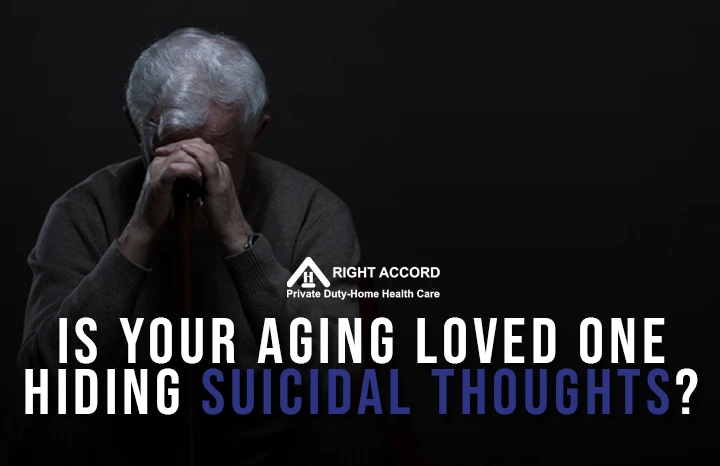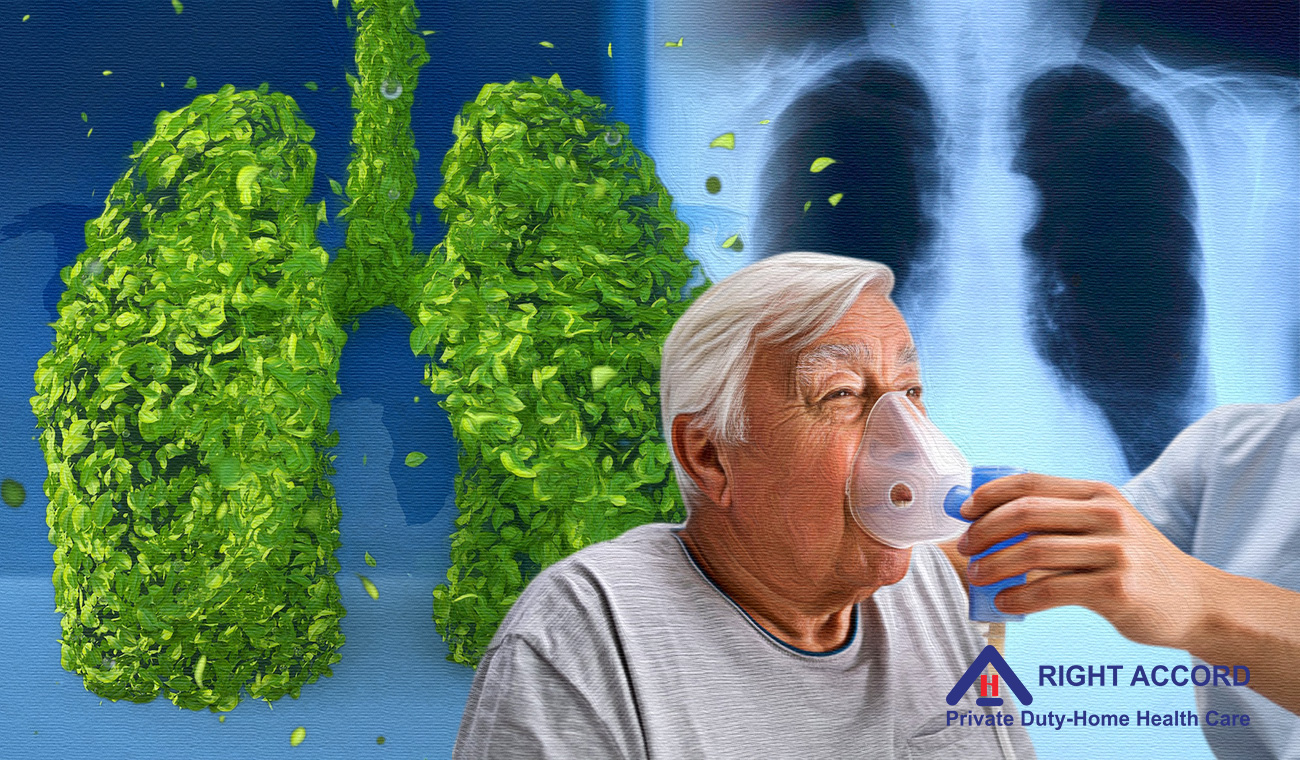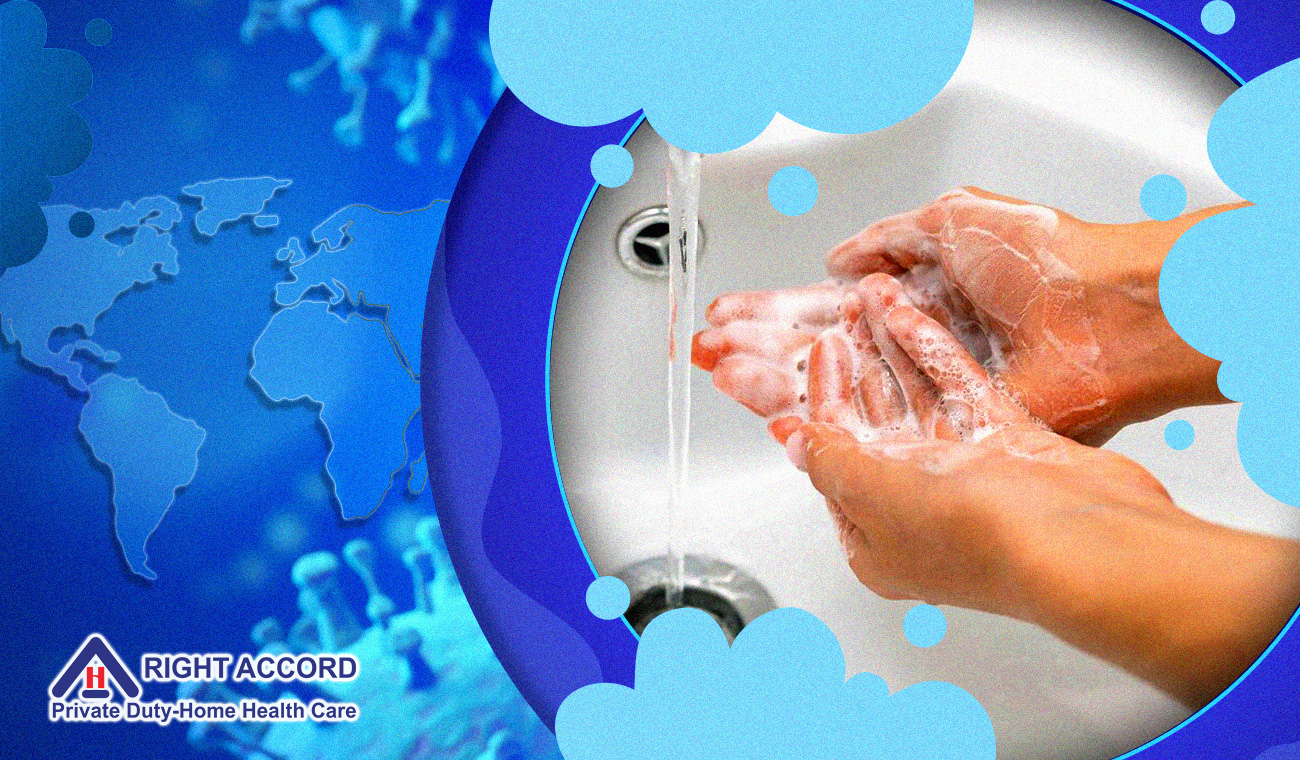· 6 min read
Caregiver Self-Care Challenges: How To Overcome Them
Caregiving for someone with specialized needs can be physically and emotionally exhausting. But, the caregiver should also prioritize their own needs.
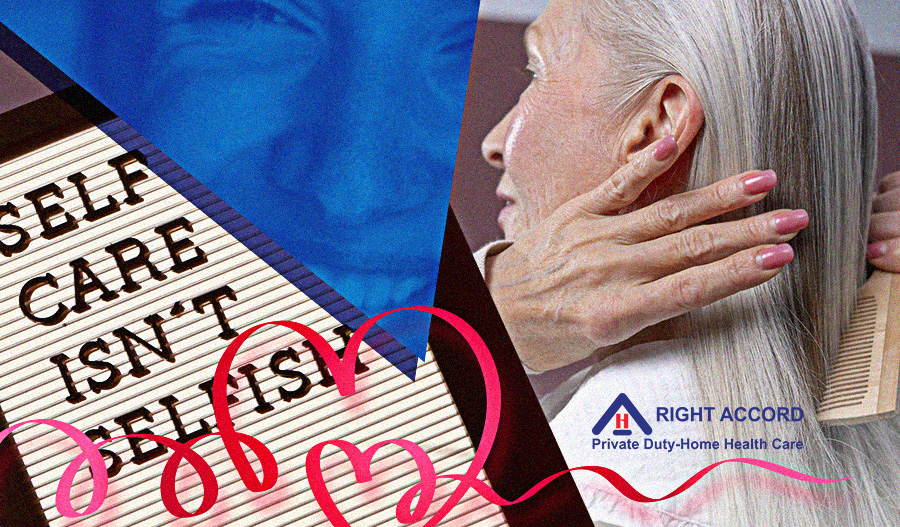
By: Rosemarie Tamunday Casanova — RN, BSN, MHA
The daily care of another individual with specialized needs can drain a caregiver physically, mentally, and emotionally. With the seemingly thousands of tasks to do and decisions to make, it is easy to put self-care on pause and prioritize the urgent needs of a patient instead.
Doing this puts a heavy toll on the caregiver’s well-being and creates possible dangers to the patient too.
Who are Caregivers?
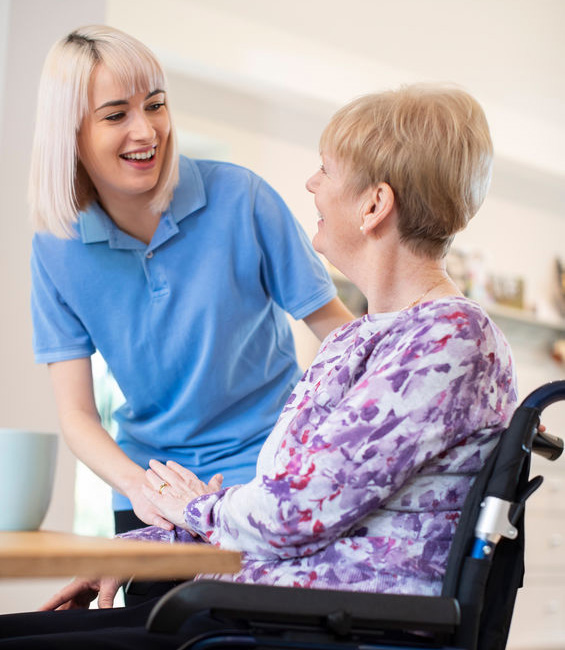
Johns Hopkins Bayview Medical Center defined caregivers as people who tend to the need of another for short or long periods of time due to sickness, injury, or disability.
There are two types of Caregivers: formal and informal. Formal Caregivers are paid professionals who undergo continuous training and education for providing care. Informal Caregivers, on the other hand, are often unpaid family and friends who give shoulder the responsibility of caring for a family member or loved one.
What do Caregivers do?
The care provided can range from assisting with medical procedures, attending to the personal hygiene of the patient, homemaking, and companionship.
To specify, these are some of the multiple Caregiving roles:
- Communicating and negotiating with family members about decisions regarding patient care.
- Providing companionship and emotional support.
- Speaking with medical professionals about the patient’s status and needs.
- Going with the patient for check-ups and other appointments.
- Doing household chores and errands.
- Grocery-shopping and buying of other needs.
- Managing finances.
- Completing necessary paperwork.
- Helping with the patient’s personal hygiene.
- Lifting and maneuvering the patient.
- Assisting with medical and nursing procedures like tube feedings or giving medication.
- Figuring out how to access needed services.
- Contacting and coordinating with health agencies.
- Making difficult decisions about the patient’s needs.
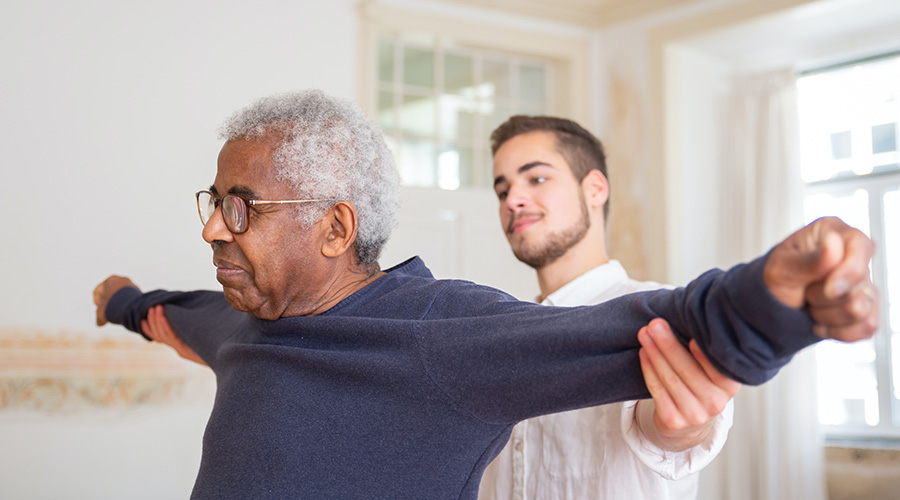
Photo by Kampus on Pexels
Daily patient care can be very demanding and dedicated caregivers see it as their obligation to provide safety and comfort to their patients, especially to those who are bedridden and rely solely on the Caregiver for their daily needs.
Common Concerns for Caregivers
As patient care is prolonged, without proper rest and recreation the caregiver develops an exhaustion called Caregiver Fatigue. This condition is characterized by an overall feeling of tiredness resulting in a decreased ability to work and having poor performance.
The Caregiver might experience a loss of appetite and interest in hobbies or social interaction, anxiety, depression, increased irritability, irrational anger toward the patient resulting in guilt, poor concentration, and the inability for decision-making, to name a few.
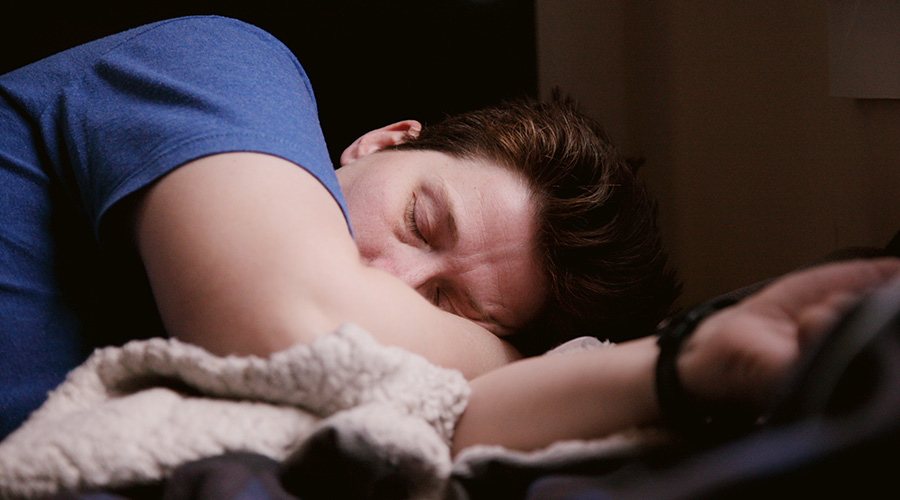
Photo by Shane on Unsplash
The American Psychological Association (APA) also reported a list of common concerns for Caregivers including Secondary Strains such as relationship and financial stress, Care Decisions like end-of-life planning, Resources, Family challenges, and Advocacy for Care.
To list a few of the issues a Caregiver often experiences:
- Depression
- Anxiety
- Ambivalence
- Feeling of Isolation
- Grief
- Sleep problems
- Weak immune system
- Risk of injury
- Difficulty concentrating
- Conflict about caring for the patient
- Lack of cooperation from the patient
Delaying breaks proves fatally damaging to both Caregiver and the patient. Incidences like wrong medications and dosages given by Caregivers outside of the hospital setting are common occurrences. A burned-out Caregiver can easily make this mistake and possibly put the life of the care recipient at risk.
Self-care Challenges of a Caregiver
What is stopping a Caregiver from doing self-care? It is ironic that someone who provides care to others on a daily basis has a difficult time providing the same amount of care to himself.
Here are 3 main reasons why Caregivers are challenged with giving themselves the attention and care they deserve:
1. Time Management
A study says that 56% of American Caregivers work full-time, putting in 40 hours or more weekly. In the multitude of tasks in those long hours, the lack of proper time management severely affects the succeeding tasks. Planning ahead, prioritizing, and anticipating patient needs and resulting tasks will increase efficiency and give way to a smooth and organized flow. Granted, things don’t always go as planned but preparing a plan B is part of effective time management.
2. Feelings of Guilt
Guilt can be caused by several factors namely the feeling of not doing enough for the patient, anger and irritability at the care recipient, and resentment for the isolation. Taking on this emotional burden prevents most Caregivers from giving themselves the break they need, even hiding and minimizing their issues, and instead taking on more tasks to compensate putting them on the brink of physical, mental and emotional collapse. Acknowledging the guilt and accepting that humans are flawed will pave the way to cope with Caregiver guilt.
3. Lack of Support
With the strain of providing care in an unchanging and controlled environment, social isolation is one of the common concerns of a Caregiver. With limited social contact and support, a Caregiver’s needs become unnoticed and unmet. Knowing your resources and reaching out to a fellow Caregiver or a professional will address this challenge.
Taking care of Caregivers
Taking a much-needed 15-minute break can go a long way. Sticking to the basics and making sure that Caregivers get their primary needs such as eating a healthy and balanced diet, regular exercise, getting enough sleep, or reaching out to friends and support groups already tackle a huge chunk of a Caregiver’s concerns.
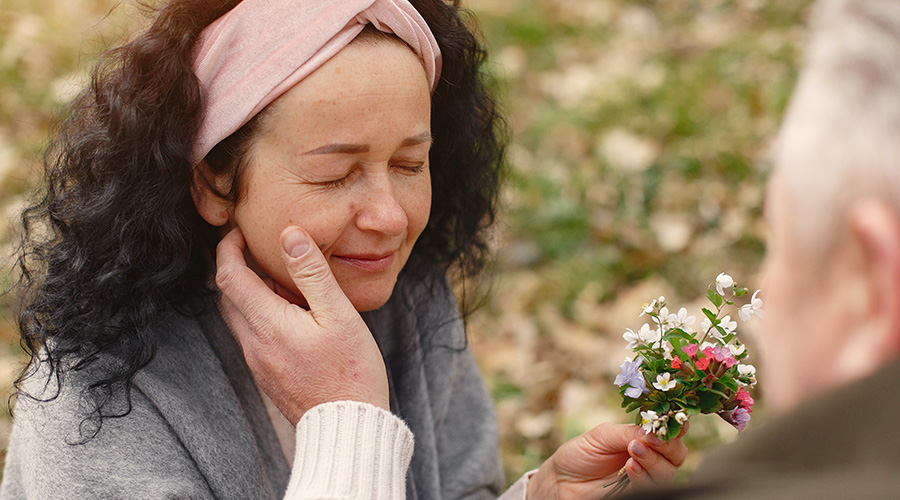
Photo by Gustavo Fring on Pexels
Giving Caregivers the attention and care that they need not only benefits them but also ensures that their patients are provided with high-quality care. Here are a few recommendations on how to care for Caregivers:
- Make sure Caregivers are properly compensated. Whether it be a competitive salary or in the form of provision of food and other necessities for informal Caregivers, it is important for them to be amply rewarded for their efforts.
- Give them schedule options. Putting in long hours to care for the individualized needs of another person is easier to handle if you have the power to choose. This also reduces resentment and encourages planning for respite and recreation that a Caregiver badly needs.
- Provide training. Continuous learning is required to achieve optimum healthcare delivery. Tasks become more manageable if the Caregiver knows how to effectively do it.
- Recognize their efforts. A study from the Wharton School at the University of Pennsylvania published in Harvard Health Publishing confirms that employees who received gratitude from their managers feel more motivated to work even harder. Valuing the care they provide will give them a much-needed mental and emotional boost.
If you are a formal caregiver, CNA or HHA, who is compassionate and committed to caring for others, RIGHT ACCORD Private Duty Home Health Care is interested in hearing from you. Just like how we treat our patients like family, we know how to value and support essential Caregivers like you. Visit our website to learn more about us.

